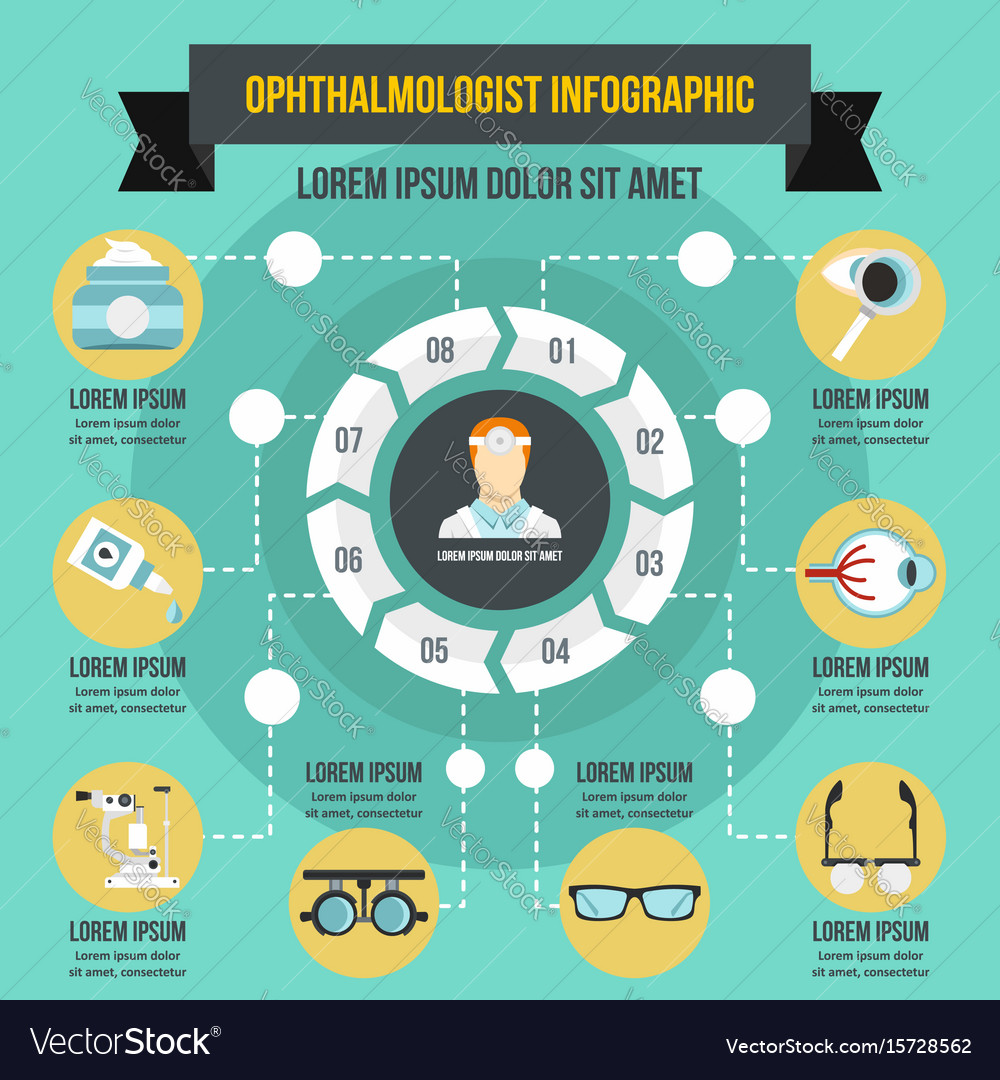Recognizing Refractive Lens Exchange: Insights Your Ophthalmologist May Not Share
Recognizing Refractive Lens Exchange: Insights Your Ophthalmologist May Not Share
Blog Article
Web Content Writer-Foley Andreassen
Have you ever before took into consideration Refractive Lens Exchange (RLE) as a choice for vision correction? While it isn't as extensively reviewed as LASIK, RLE could be a game-changer for your eyesight. Lots of people forget its advantages, believing traditional approaches are their only choice. Yet what are the real advantages, and what might your optometrist not be informing you regarding this procedure? Allow's check out the ins and outs of RLE together.
Recognizing Refractive Lens Exchange: The Essentials
Refractive lens exchange (RLE) is an operation that can substantially enhance your vision, specifically if you're dealing with presbyopia or serious refractive errors.
Throughout RLE, your eye specialist eliminates your eye's natural lens and replaces it with an artificial one customized to your vision requires. This treatment can remedy nearsightedness, farsightedness, and astigmatism, offering you more clear vision without depending on glasses or contact lenses.
The surgical procedure is typically fast, taking less than an hour, and many individuals experience very little pain. Healing is fairly quick, allowing you to return to your everyday tasks soon after.
If you're taking into consideration RLE, consulting with your ophthalmologist can aid you establish if it's the ideal option for you.
Key Differences Between RLE and Traditional Cataract Surgical Treatment
While both refractive lens exchange (RLE) and typical cataract surgery include replacing the eye's natural lens, their key objectives and patient profiles differ dramatically.
RLE is targeted at individuals looking for to reduce their dependancy on glasses or contact lenses as a result of refractive mistakes, often prior to cataracts develop. In contrast, typical cataract surgical treatment normally targets individuals who've created cataracts, which shadow the lens and impair vision.
The lenses used in RLE can give a more comprehensive range of vision correction, while common cataract surgery typically entails standard monofocal lenses.
Additionally, RLE prospects are usually more youthful and in excellent overall wellness, whereas cataract people may be older and have other health and wellness issues.
Selecting the ideal procedure depends on your certain vision requirements and situations.
Prospective Benefits and Considerations of RLE
If you're taking into consideration refractive lens exchange (RLE), you'll discover numerous prospective advantages that may boost your lifestyle.
RLE can give you with clearer vision, reducing or eliminating the need for glasses or contact lenses. It supplies a chance to address presbyopia and other refractive mistakes at the same time, often boosting your general visual acuity.
Furthermore, RLE can be an excellent option if you're not a suitable candidate for LASIK. Nonetheless, it is very important to consider the factors to consider, like the expense, potential risks, and the recovery duration.
Discussing your certain demands with your optometrist can assist you make an educated decision, guaranteeing you choose the very best path for your vision correction.
Conclusion
To conclude, refractive lens exchange uses an one-of-a-kind solution for vision correction that exceeds what LASIK can give. It's vital to evaluate the benefits against prospective dangers and expenses prior to deciding. Do not hesitate to ask your optometrist the tough concerns to guarantee you completely understand the treatment and its effects for your vision. With the appropriate details, you can with confidence choose the very best choice for your eyes and way of life.
